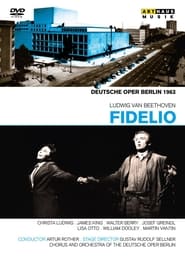detail profile christa ludwig
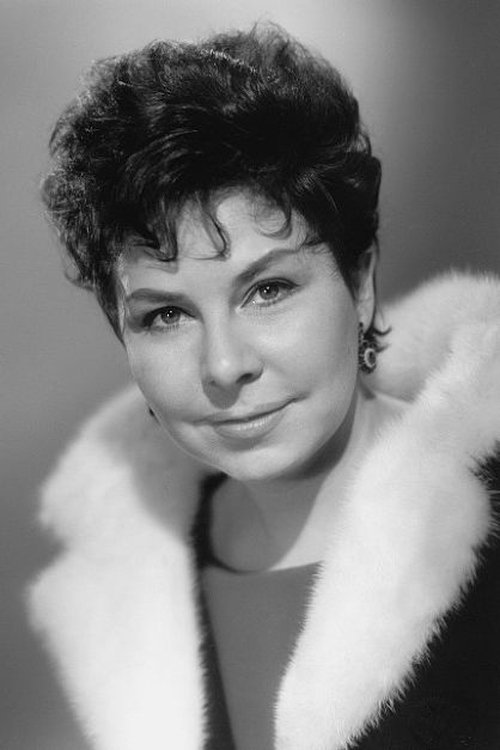
Riwayat Hidup
Christa Ludwig (16 March 1928 – 24 April 2021) was a German mezzo-soprano and sometime dramatic soprano, distinguished for her performances of opera, lieder, oratorio, and other major religious works like masses, passions, and solos in symphonic literature.
Her performing career spanned almost half a century, from the late 1940s until the early 1990s.
She sang at many international opera houses and festivals, including at the Vienna State Opera from 1955 to 1994, and at the Metropolitan Opera in many roles.
She is remembered for roles such as Mozart's Dorabella, Beethoven's Leonore in Fidelio, Wagner's Kundry, and both Octavian and the Marschallin in Der Rosenkavalier by Richard Strauss.
In Vienna, she created the title role of Gottfried von Einem's Der Besuch der alten Dame in 1971.
She is widely recognised as having been one of the most significant and distinguished singers of the 20th century.
The NPR Listener's Encyclopedia of Classical Music (2006) stated "Ludwig possessed a voice of exquisite richness and, when needed, breathtaking amplitude.
She had the ability to impart dramatic urgency to a performance, the hallmark of a great singer.
"
Ludwig was born in Berlin to a musical family.
Her father, Anton Ludwig, who began his singing career as a baritone and later moved into the tenor repertory, was also an opera administrator, and her mother, Eugenie Besalla-Ludwig, was a mezzo-soprano who sang at the Aachen Opera during Herbert von Karajan's period as conductor.
Ludwig grew up in Aachen, where her first voice teacher was her mother.
At age eight, she sang an aria of the Queen of the Night in Mozart's The Magic Flute.
At Aachen Conservatory, she studied piano, cello, flute and music theory.
The family moved to Hanau when their home was bombed in 1944.
She studied voice at the Musikhochschule Frankfurt.
Ludwig made her stage debut in 1946 at the age of 18 as Orlovsky in Die Fledermaus by Johann Strauss at the Oper Frankfurt, where she sang until 1952.
She was a member of the Staatstheater Darmstadt from 1952 to 1954, then sang for the 1954/55 season at the Staatsoper Hannover.
She joined the Vienna State Opera in 1955, where she became one of its principal artists and was awarded the title Kammersängerin in 1962.
She performed with the company for more than thirty years in 43 opera roles and 769 performances.
In 1954, she made her debut at the Salzburg Festival as Cherubino in Mozart's The Marriage of Figaro, conducted by Karl Böhm, and appeared there regularly until 1981.
At the Vienna State Opera, she created the title role of Gottfried von Einem's Der Besuch der alten Dame on 23 May 1971, conducted by Horst Stein and alongside Eberhard Waechter as her lover Alfred Ill.
The performance was recorded by Deutsche Grammophon, and reissued on CD by Amadeo and later Orfeo.
.
.
.
Source: Article "Christa Ludwig" from Wikipedia in English, licensed under CC-BY-SA 3.
0.
Info Pribadi
Peran Yang Di Mainkan Christa Ludwig
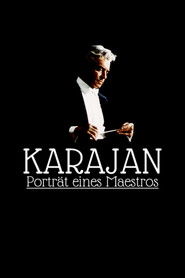 An account of the life and...
An account of the life and...Karajan: Portrait of a Maestro 2019
An account of the life and work of controversial German orchestra conductor Herbert von Karajan (1908-89), celebrated as one of the greatest musicians of the twentieth century.
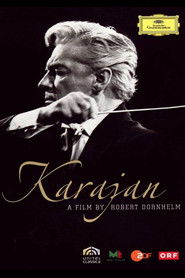 With a career that includes a 35...
With a career that includes a 35...Karajan: Beauty As I See It 2008
With a career that includes a 35-year tenure as composer of the Berlin Philharmonic and record sales topping 200 million, Herbert von Karajan is one of the most legendary figures in 20th-century classical music. Comprised of archival footage, performance highlights and interviews with the likes of Anne-Sophie Mutter, Christa Ludwig and Seiji Ozawa, this retrospective chronicles the life and times of the iconic Austrian maestro.
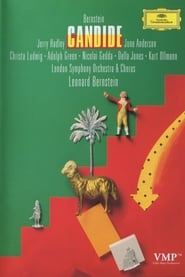 This is the historic concert performance...
This is the historic concert performance...Leonard Bernstein - Bernstein - Candide 1989
This is the historic concert performance of the final operatic version of Bernstein's Candide. It was recorded on December 13, 1989 at the Barbican Centre, with Leonard Bernstein conducting the London Symphony Orchestra and Chorus, with a stellar cast of operatic stars gracing the solo parts. The programme lasts a full 2hrs 27 mins. It marks the end of a long and tortured journey for the musical/operetta that spent much of its first 35 years as an orphan in the musical wilderness.
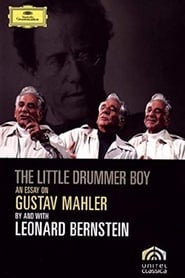 This television essay from 1985 was written...
This television essay from 1985 was written...The Little Drummer Boy: An Essay on Mahler by Leonard Bernstein 1985
This television essay from 1985 was written by Leonard Bernstein to commemorate the 125th anniversary of Gustav Mahler's birth. Recorded in Israel, Vienna and later in London, it is punctuated by biographical interludes and illustrated by musical examples drawn from the cycle of Mahler's works recorded by Bernstein. Bernstein talks, plays and conducts various orchestras (Israel Philharmonic Orchestra, London Philharmonic Orchestra, Wiener Philharmoniker) and soloists (Janet Baker, Christa Ludwig, Edith Mathis, Lucia Popp, Walton Groenroos) in performances spanning 17 years. Leonard Bernstein also examines the roots of Gustav Mahler's inspiration. The programme also features music from the nine symphonies, 'The Song of the Earth' and the 'Wunderhorn Cycle'.
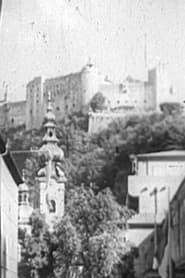
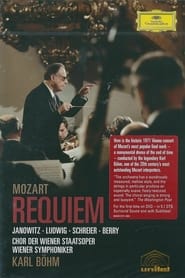 Requiem in D minor K 626 by...
Requiem in D minor K 626 by...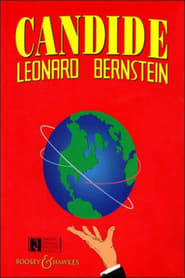
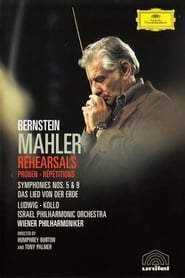 Four Ways to Say Farewell is...
Four Ways to Say Farewell is...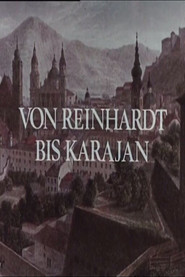
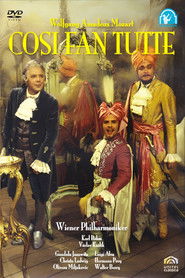 Wiener Philharmoniker and Wiener Philharmonia Chor...
Wiener Philharmoniker and Wiener Philharmonia Chor...